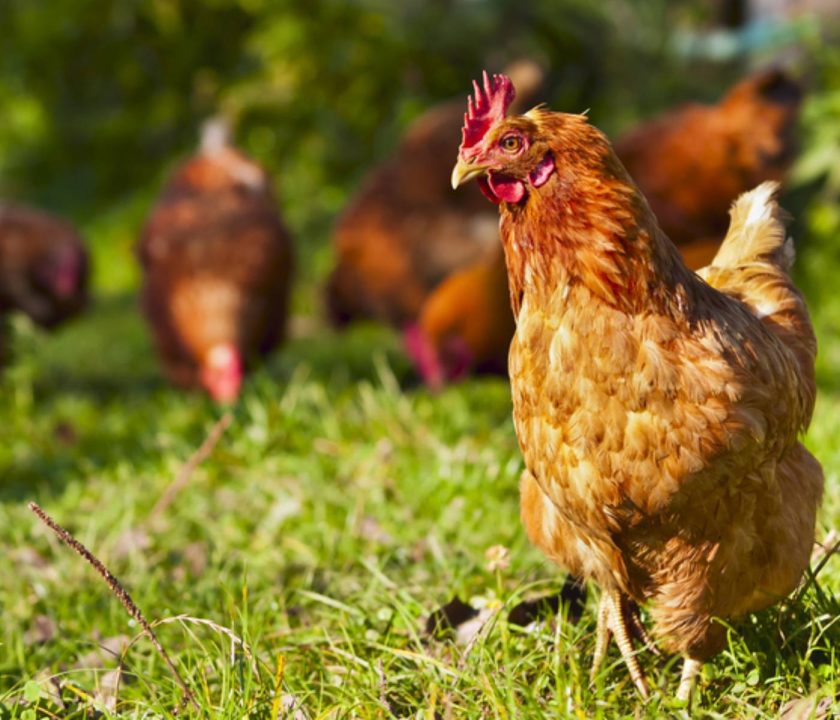New Zealand has reported that the efforts to mitigate Salmonella enteritidis are working because the last outbreak detected in a flock was in September of this year.
The Salmonella enteritidis strain was first detected in a hatchery located in Auckland in March last year. After that, 14 places tested positive for that strain leading to the culling of around 550 birds and a total of 130 people infected with this bacteria.
Recently, the New Zealand Food Safety deputy director general Vincent Arbuckle said control efforts were paying off. Additionally, Salmonella enteritidis has not been found on farms since early September, and the last case in humans was reported in May 2022.
Other quotes from the report were:
- “It’s almost a textbook example of the regulator working with the poultry industry and individual farmers, what was a pretty serious outbreak in 2021. Through careful work with the industry, we believe we’ve got a well-contained now.
- “We’ve had only a handful of human cases in 2022 and the last detection and poultry operator was in September this year. The new regulatory control systems seem to be working well.
- “I think it’s a good example of how working with the industry, you can catch and contain a problem.”
The bacteria strain was in the environment so it would never be fully eradicated, he said, but it was important to keep it out of the poultry sector. - “There are no properties currently under
TO CONTINUE READING REGISTER IT IS COMPLETELY FREE Access to articles in PDF
Keep up to date with our newsletters
Receive the magazine for free in digital version REGISTRATION ACCESS
YOUR ACCOUNT LOGIN Lost your password?

